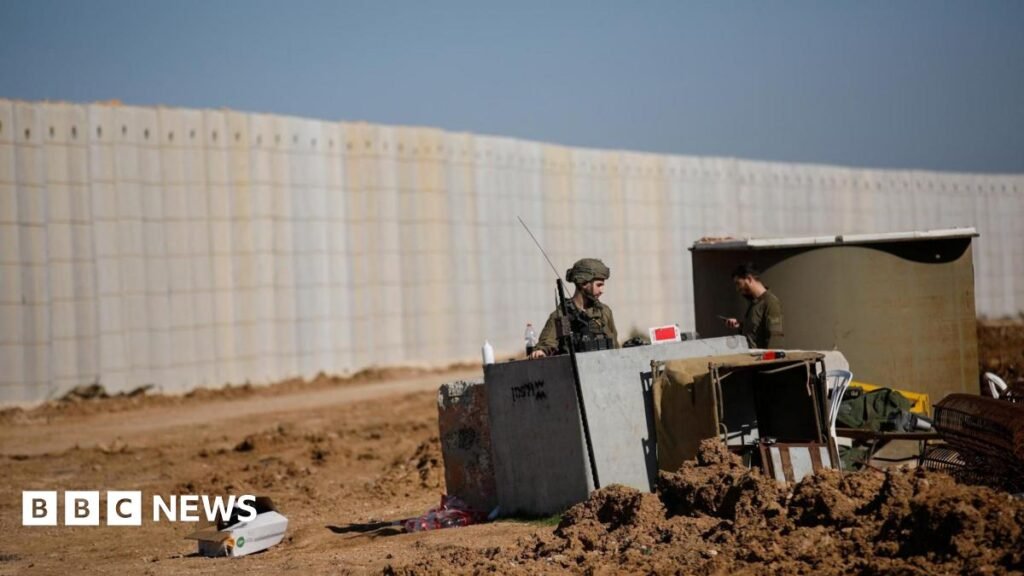The Israeli Prime Minister’s Office said on Friday that the withdrawal outlined in the cease-fire agreement is “contingent on the deployment of the Lebanese Army in southern Lebanon and the full and effective implementation of the agreement, while Hezbollah withdraws beyond the Litani River, approximately 30 km (20 mi) from the blue line – the unofficial border between Lebanon and Israel.
“As the ceasefire agreement has yet to be fully implemented by the Lebanese state, the gradual withdrawal process will continue in full coordination with the US,” the statement said, without specifying how long Israeli forces could remain in Lebanon.
It was also unclear how many Israeli soldiers remained in the country.
In a statement Saturday, the Lebanese army said it was continuing to “implement the plan to increase deployment” in areas along the border, but that “at some stages there were delays due to the withdrawal of the Israeli enemy, which complicated the deployment of the army.” mission”.
He also urged residents to refrain from returning to the border areas.
There was no immediate reaction from Hezbollah. The group said on Thursday that failure to meet the deadline would be “a flagrant violation of the agreement, an attack on Lebanon’s sovereignty and the entry into a new phase of occupation.”
But the statement did not say how the group would respond if Israeli troops remained in the country.
A Western diplomatic official familiar with the talks, who spoke on condition of anonymity to discuss the talks, said Israel had said it needed more time to destroy Hezbollah’s infrastructure in southern Lebanon and that the original plan called for a 30-day extension.

